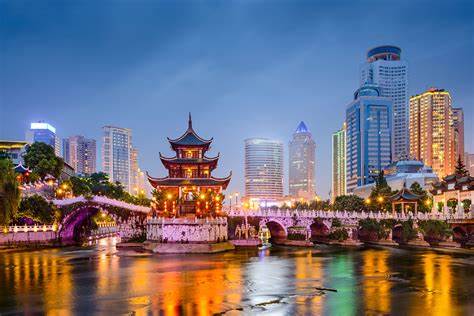
By Charles Muchoki | Africa Guardian
The ongoing Summit of the Forum on China-Africa Cooperation (FOCAC) in Beijing, from Wednesday to Friday, offers China and Africa another opportunity to enhance strategic communication and deepen practical cooperation. Since its inception in 2000, FOCAC has been widely embraced by African nations for its tangible outcomes and meaningful projects that have significantly benefited African countries and their people.
Over the past 24 years, trade between China and Africa has grown from $10.5 billion in 2000 to $282.1 billion in 2023. Meanwhile, China’s investment in Africa has surged from less than $500 million to over $40 billion. This partnership has resulted in the construction of nearly 100,000 kilometers of roads, more than 10,000 kilometers of railways, nearly 1,000 bridges, and around 100 ports, all of which stand as evidence of the robust cooperation between the two sides.
China’s commitment to Sino-African cooperation is not a short-term strategy but a long-term dedication to fostering strong relations with the continent. It aims to help African countries develop their own drivers of growth while supporting them in taking control of their development paths. By sharing its development experience, technology, and opportunities with African countries, China respects their choices and has helped integrate them more closely into the global economy.
Africa, with its concentration of developing countries and significant growth potential, is poised to play an increasingly important role in global industry and supply chains. The next decade will be crucial for the world economy as it transitions to new growth drivers and experiences a shift in global governance.
While Western countries often view China’s involvement in Africa as a form of competition for resources and influence, China and Africa emphasize a relationship built on sincerity, mutual respect, and goodwill. Together, they aim to address the four major deficits humanity faces—governance, trust, development, and peace—proposed by President Xi Jinping. By doing so, they strive to establish a partnership that serves as a foundation for a shared future for all.
To achieve this, China and Africa should work closely to defend multilateralism, promote a fair international order, and advocate for more effective global governance. They must jointly oppose protectionism, unilateralism, and theories that foster division, while pushing for the democratization of international relations.
President Xi Jinping has pledged China’s unwavering support for Africa’s development and promised to honor its commitments to the continent. He has also called on the international community to increase investment in Africa and collaborate with the United Nations and international partners for trilateral cooperation in Africa.
In a series of meetings held before the summit, President Xi engaged with more than a dozen African leaders, underscoring China’s commitment to deepening its ties with Africa. In a signed article, Xi reflected on the decade since he outlined the principles of “sincerity, real results, amity, and good faith” as the foundation for China-Africa relations. Over the past ten years, this relationship has become a strong and productive partnership that is poised to drive global development and contribute to greater global stability.
___
